
Latest update Kite charts « ZConnect by Zerodha
If you consider buying multiple kite sizes, it is reasonable to keep 2 meters (on average) between each size, in order to avoid having equipment that has an overlapping wind range. For example, your 2-kite quiver could be a 7m and a 9m, or an 8m and a 10m. When going into smaller sizes, keep them 1m apart (5m, 6m), and roughly 3m in the big.

10+ globefeed distance calculator AsfaSumaiya
To convert kilograms (kg) to pounds (lb), note that 1 kilogram equals 2.2 pounds. To convert meters (m) to feet (ft), note that 1 meter equals 3.3 feet. How to Pick the Right Kiteboard? After carefully selecting the right size, it's essential to know and explore the main features of a kiteboard.

Kiteboarding Kite Size Chart kite blog
Choosing the Proper Kite Size. The most popular size for most winds and and terrain is the 7.0 square meter size. 7.0 sq. meters - is ideal for the medium winds of 14-20mph. 4 sq. meters - will work in higher winds, over 18mph. 9.0-10.0 sq. meters - will be the preferred size for lighter 10-15mph winds.

Kiteboarding Kite and board size chart
Wind force. It is clear that the wind force determines the kite size. The faster the wind blows, the smaller your kite. If you are a recreational all-round rider of 75 kg, you can use the table below for the different wind strengths: 09 - 12 knots. 16 m². 10 - 13 knots. 15 m². 11 - 14 knots.

Pin by Sandele1 on Kites. No pin limits; repin as many as you want. Kite, Chart, Line chart
Ready to ride on the wind? Discover how to choose the perfect kite size through a journey that goes beyond the fundamentals. Make sure you're getting the right size of kite and ensuring you're riding safely with expert advice and insider tips.
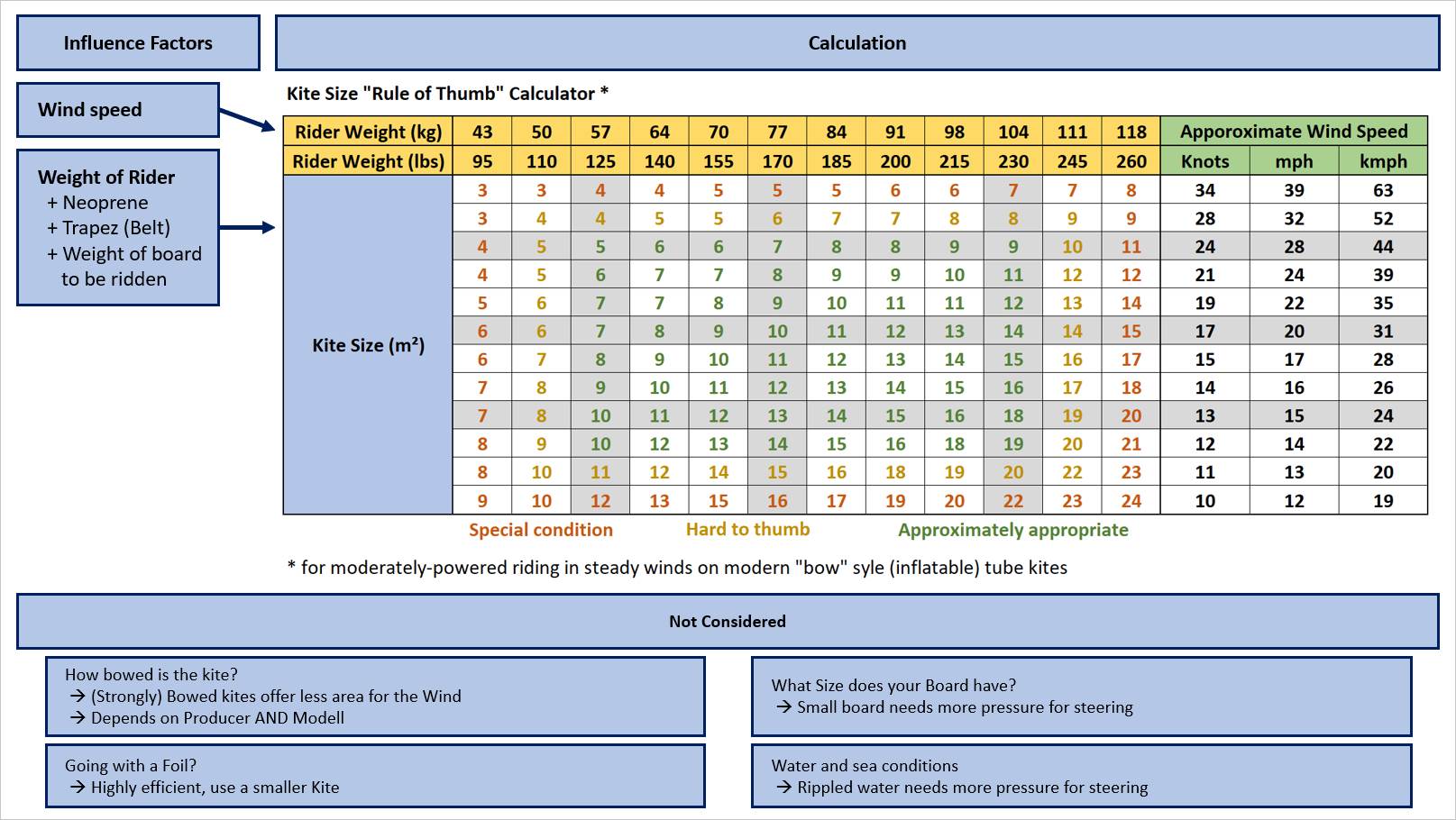
Kite size/rider weight/wind chart Kitesurfing Forums, page 1
What size kite should I get? Kiteboarding board size How can I use this kiteboarding calculator? The kiteboarding calculator will help you to estimate which kiteboarding kite and kiteboard size you should use in chosen wind conditions.

Kiteboarding Kite Size Chart kite blog
The calculated kite size is based on the assumption that a large twintip kiteboard with straps is used for learning and freeriding and matches the rider's weight: 140 x 42cm - 150 x 45cm for riders 50-80kg 151 x 43cm - 160 x 50cm for riders 80kg+ If you are using a smaller kiteboard then use kite size calculator for Independent Rider.
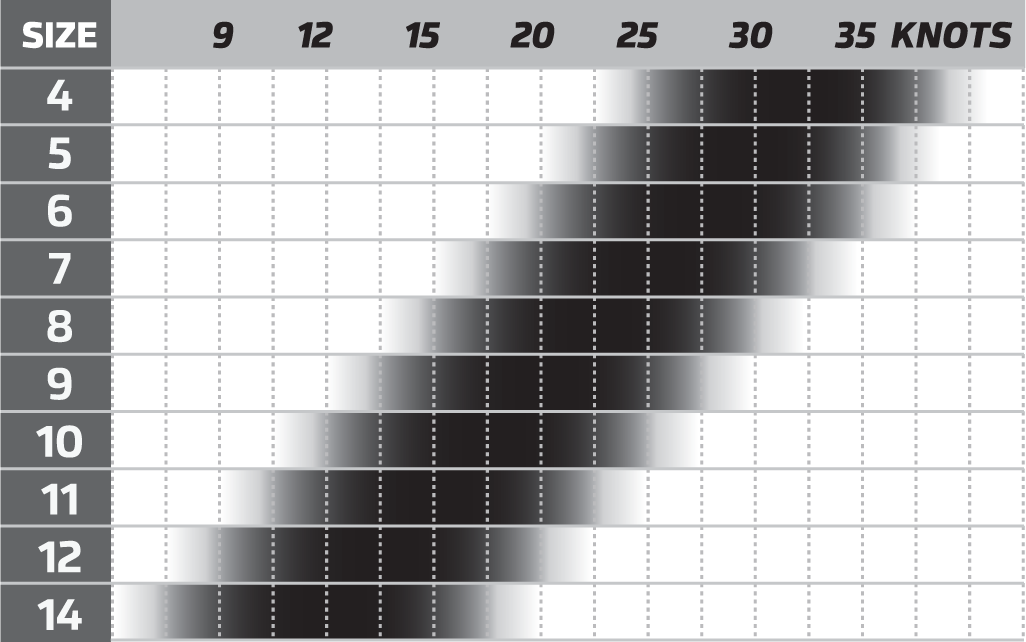
A Beginner’s Guide To Buying Your First Kite Coastal Angler & The Angler Magazine
June 13, 2023 Kitesurf 470 Knowing the right kite size for your kitesurfing style is like catching the perfect wave— it's the key to an epic ride. You've probably wondered how to make that choice and yoke the wind's power to conquer the surf. While it may seem complex, the truth is that it's not that difficult to find out.
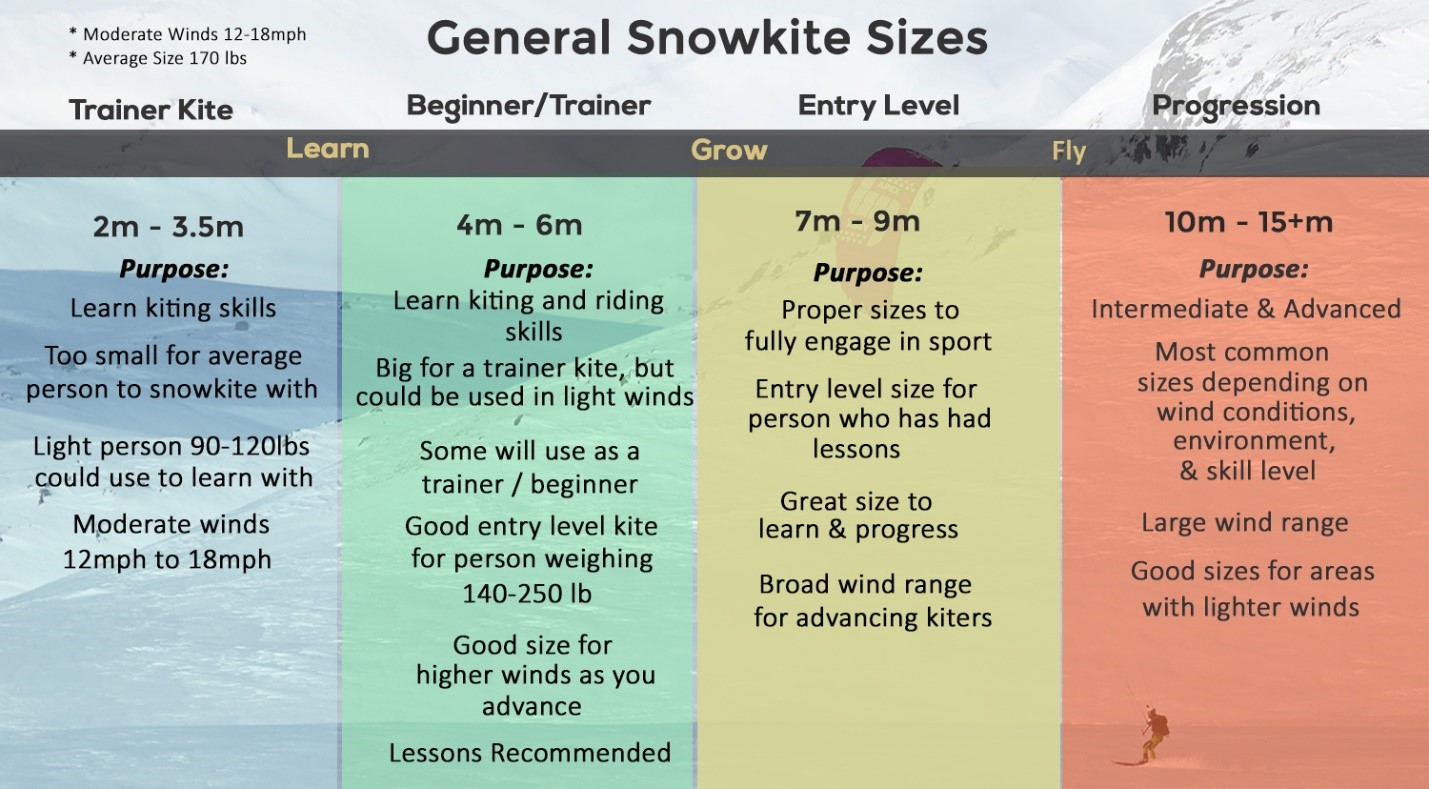
Best Kite Size For Beginners
To not confuse you too much here is a simple chart to explain wind speed for you Large kite for lighter winds (14-18m) - 8-15mph. Medium kite for medium winds (11-13m) - 15-20mph Small kite for higher winds (5-9m) - 20-25 mph It is also helpful to understand a few things about the sizing of kiteboarding kites.

Wind Chart Kite Club Maui
What are the Most Common Kite Sizes? To give you a basic idea of the range of kite sizes available, most kiteboarding kites fall into one of these three categories: Large kite for lighter winds (14-18 m) — 3-7 m/s. Medium kite for medium winds (11-13 m) — 7-9 m/s. Small kite for higher winds (5-9 m) — 9-13 m/s.

Power Relative to Windspeed and Kite Size [Reference] r/Kiteboarding
This way you know at a glance which size kiteboard suits your weight via the kiteboard size chart. After the size chart, read on about the details and rules of thumb that are also important to think about when determining which size kiteboard suits you. Weight kite surfer (kg) Length kiteboard (cm) Width kiteboard (cm) 100 + kilo. 144 + cm. 46 cm.

How To Choose The Best Trainer Kite
What are the typical and most common kite sizes? For a general understanding, you can focus on such calculation (but it doesn't take into account weight and skills): Large kite for lighter winds (14-18 m) — 3-7 m/s. Medium kite for medium winds (11-13 m) — 7-9 m/s. Small kite for higher winds (5-9 m) — 9-13 m/s.

How to choose a kite size KiteBud Kitesurfing School Perth WA
Kite sizes range from a tiny 3 meters to a huge 20 meters, and kitesurfers will be out riding in conditions from 6 knots to 50 knots, so there's certainly plenty of sizes to choose from. How to choose the right sized kite revolves around the combination of 2 factors - the wind speed and the rider's weight. The Kite Choice Equation
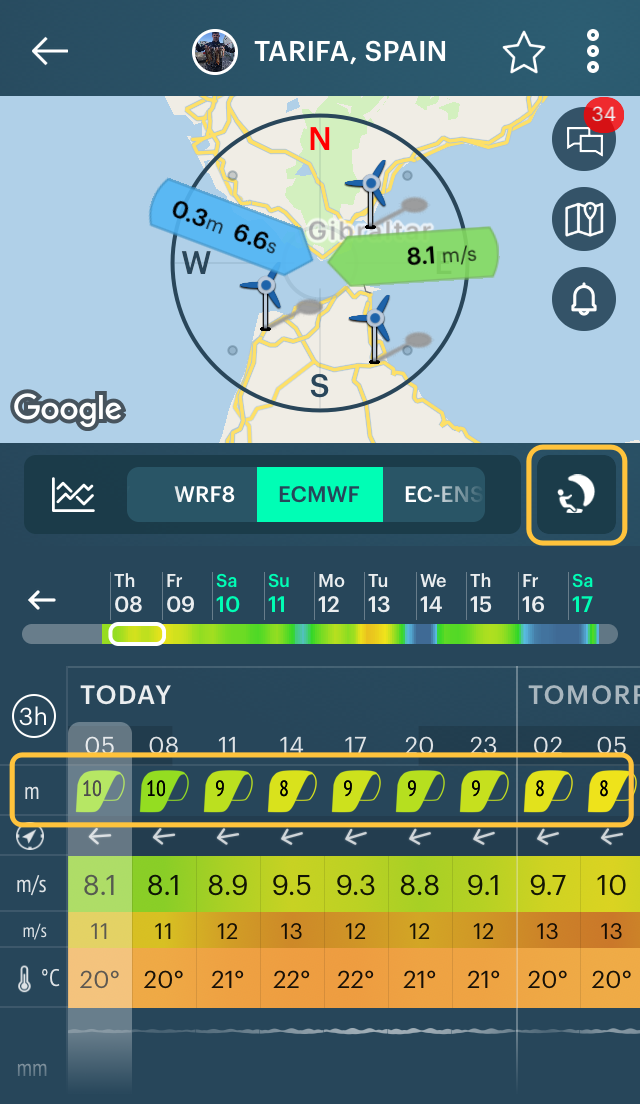
How to choose the right kiteboarding kite size Windy.app
A guide to help you choose the right size snowkite. Kite Size Chart - Snowkiting Snowkiting FAQs Wind Speed vs Kite Size (foil w/o Depower) 2.0 m 2 : 3.0 m 2 : 4.0 m 2 : 5.0 m 2 : 6.0 m 2 : 7.2 m 2 : Weight : Weight : Weight : Weight : Weight : Weight : Wind Speed (lbs)

How to choose a kite size KiteBud Kitesurfing School Perth WA
An indication of common sizes in meters are: 6m, 7m, 8m, 9m, 10m, 11m, 12m, 13m and 14m kites. The wind range of the kite is usually indicated on the storage bag of a kite, and on the kite itself. The so-called 'wind range'. This is indicated in knots. However, this data is often very generic.
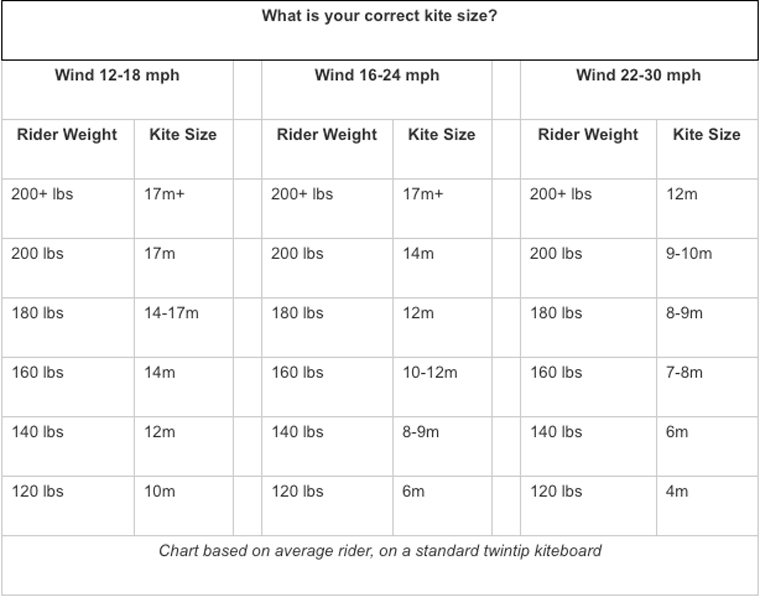
What You Need to Be a Kiteboarder Ride With Blake Special Edit MACkite Boardsports Center
Choosing the right kite size for the combination of wind conditions and your body weight is a critical for safe and enjoyable kitesurfing. Getting overpowered is no fun at all and you might get hurt. If in doubt, use a smaller kite rather than larger kite.